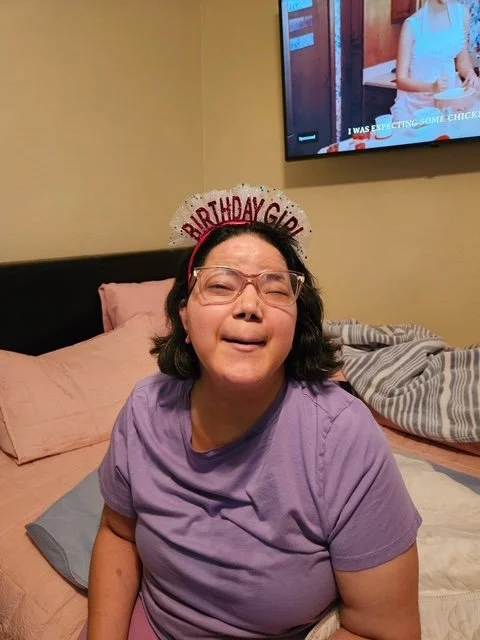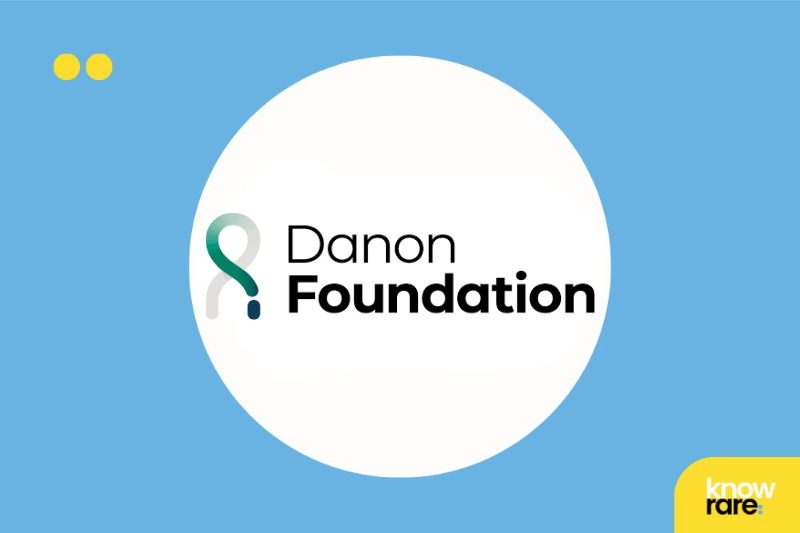Organization Spotlight: The TargetCancer Foundation

By Gina DeMillo Wagner
When Paul Poth received a rare cancer diagnosis at age 37, it kicked off a series of events that would change the course of treatment for countless other patients. Paul was an energetic, happy new father, a husband, and a lawyer with a passion for public service. He was told that for his rare cancer, cholangiocarcinoma, there were no treatments. Plus, very little research was available.
As with most rare cancers, despite the knowledge that the standard cancer protocol of chemotherapy would not be effective in the long term against his rare form of the disease, Paul was given no other options.
Paul advocated for a different approach to rare cancers: to understand the source of the cancer growth to be able to pinpoint a specific solution. “Paul was a problem-solver,” recalls Kristen Palma Poth, Paul’s wife. “It was in his nature as a lawyer. He couldn’t accept that nothing could be done.” In the midst of his own illness, Paul raised money and founded the TargetCancer Foundation to fund research that pursued this approach, which is now known as precision medicine, a new frontier for those diagnosed with rare cancers.
Paul passed away in 2009, but his legacy lives on through the TargetCancer Foundation. “He was ahead of his time,” Kristen says. “He saw the potential, raised money, and made sure other patients would be getting access to treatments developed specifically for their cancer.”
About TargetCancer Foundation
TargetCancer Foundation’s mission is to “promote the development of lifesaving treatment protocols for rare cancers.”
The Foundation accomplishes this by supporting various initiatives at the forefront of cancer treatment nationwide. They fund innovative research and foster collaborations among scientists, patients, advocates, and clinicians. And, they work to raise public awareness for rare cancers and the need for targeted treatments.
TRACK Clinical Trial
TargetCancer Foundation is currently seeking to enroll 400 patients with rare cancers in a unique clinical trial called TRACK. As the Foundation’s Executive Director Jim Palma explains, “The trial is fully remote with no travel required.” Participants will undergo biomarker testing at no cost and receive a personalized analysis of their test reports by a panel of cancer experts.
“TRACK provides patients and their physicians with customized, actionable information to potentially inform treatment, as well as recommendations for FDA approved or clinical trial treatments from an expert panel of rare cancer clinicians and scientists.”
At the same time, the trial will generate important genomic data that will give experts a clearer understanding of all rare cancers and their treatments. “Our hope is to provide patients with personalized data that could help them to identify effective treatments, while also generating critical data to drive rare cancer research forward,” Palma says.
Learn more:
Latest From Know Rare
Gina DeMillo Wagner is a professional writer based in Boulder, Colorado. Her work has appeared in The New York Times, Washington Post, Self, Outside, Modern Loss, Experience Life, and other publications. She's currently working on a memoir. You can follow her work on Instagram @ginadwagner






























